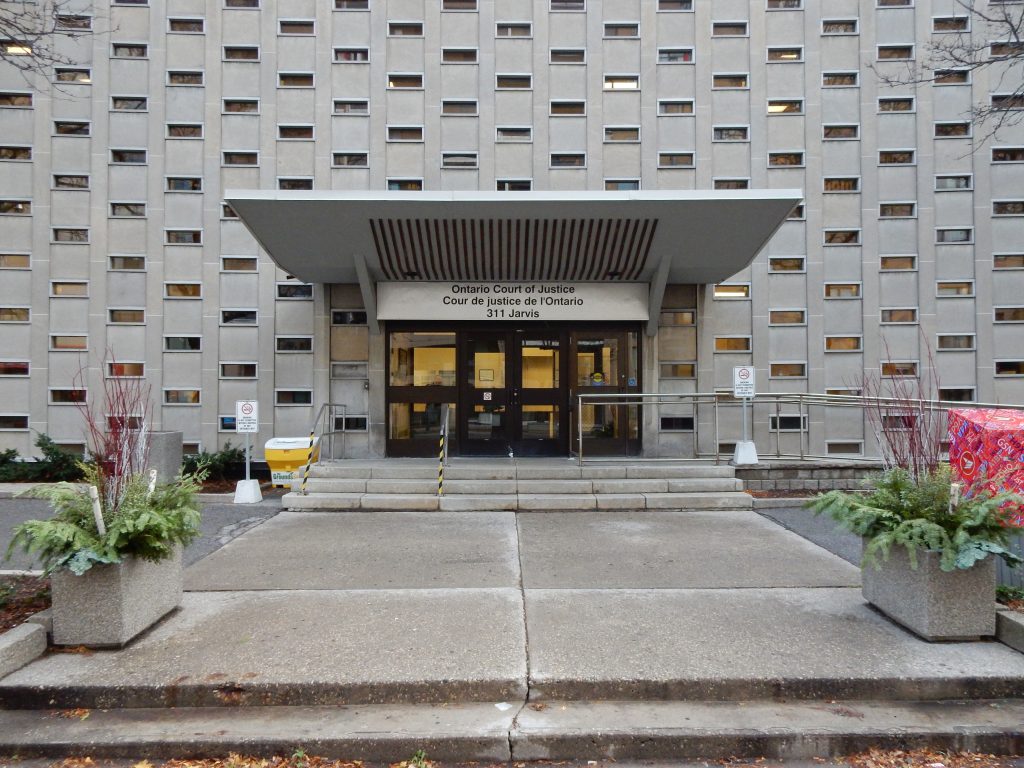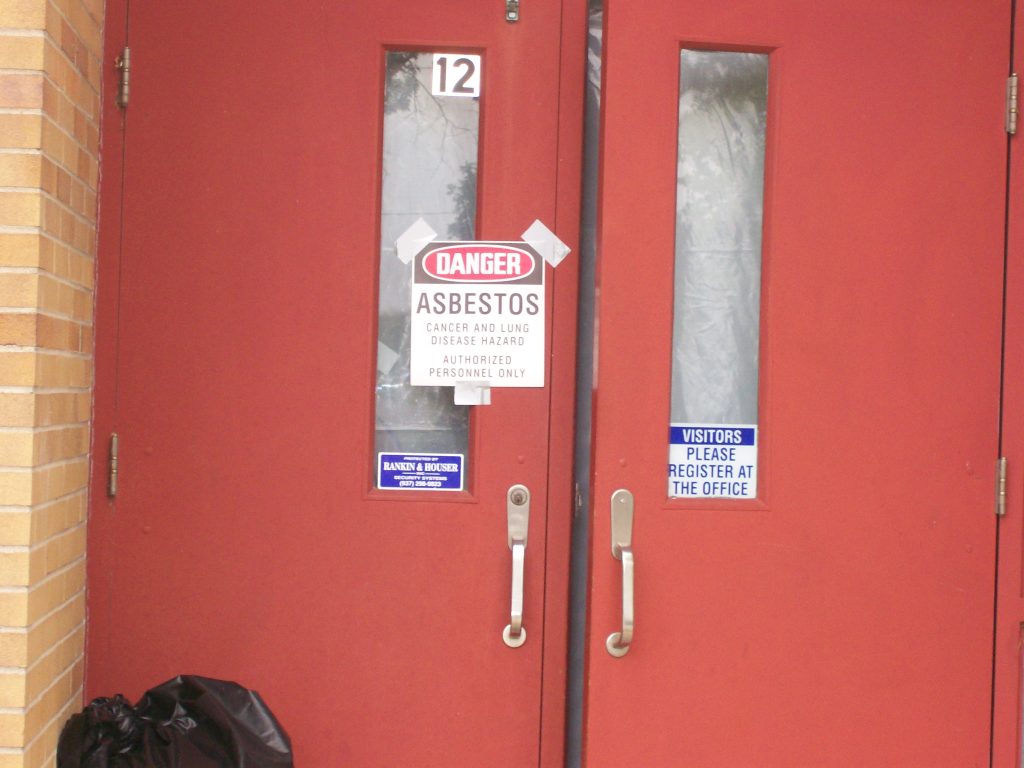 In personal injury cases, plaintiffs are often left vulnerable due to the accidents leading to their injuries. Hence, they require excellent attorneys who don’t exploit these vulnerabilities but instead zealously advocate on their behalf. For Claude Allen Newsome (“Newsome”), a November 2010 car accident in Bossier Parish, Louisiana, left him without sight, which was a direct result of macular degeneration caused by the accident. After that, Newsome was deemed legally blind and rendered a person with quadriplegia. Newsome appointed Robert Lansdale (“Lansdale”) as his power of attorney. What unfolded while seeking damages on behalf of Newsome demonstrates the necessity to lodge objections on the record and timely appeal matters.
In personal injury cases, plaintiffs are often left vulnerable due to the accidents leading to their injuries. Hence, they require excellent attorneys who don’t exploit these vulnerabilities but instead zealously advocate on their behalf. For Claude Allen Newsome (“Newsome”), a November 2010 car accident in Bossier Parish, Louisiana, left him without sight, which was a direct result of macular degeneration caused by the accident. After that, Newsome was deemed legally blind and rendered a person with quadriplegia. Newsome appointed Robert Lansdale (“Lansdale”) as his power of attorney. What unfolded while seeking damages on behalf of Newsome demonstrates the necessity to lodge objections on the record and timely appeal matters.
After Newsome named Lansdale as his agent, Lansdale hired an attorney, Norman Gordon (“Gordon”), to represent Newsome in his personal injury lawsuit. The lawsuit eventually settled for approximately $7.4 million, and Gordon recommended to Newsome and Lansdale that setting up a special-needs trust would benefit Newsome. Lansdale told Gordon that Newsome would not consider establishing a trust.
Concerned, Gordon withdrew his representation of Newsome, expressing that a conflict of interest had developed and relaying to the court that he believed Lansdale would not use the settlement proceeds for Newsome’s benefit. The court held a status conference where Gordon appeared allegedly without Newsome’s knowledge and asked the court to protect Newsome from the possibility of undue influence by Lansdale. Resulting of this conference, the court ordered that a special needs trust be created to receive the funds from Newsome’s settlement. Later, at a second status conference, the court-appointed Regions Bank as the corporate trustee of Newsome’s newly established special needs trust and appointed Newsome’s aunt, Stella Jean Godley as the trustee over Newsome’s person. The court also ordered that $3,879,835.67 of the $7.4 million settlement proceeds, minus the payment of fees, expenses, and liens, be transferred into the trust. At no point during these conferences and court orders did Newsome object or appeal.
 Unraveling the complexities of jurisdiction is essential when determining which court has the authority to hear a lawsuit. Whether a case is heard in state or federal court can have strategic implications, but the path to federal court is paved with complex legal requirements. In this article, we delve into the intricacies of jurisdiction and explore the factors determining whether your lawsuit can be heard in federal court.
Unraveling the complexities of jurisdiction is essential when determining which court has the authority to hear a lawsuit. Whether a case is heard in state or federal court can have strategic implications, but the path to federal court is paved with complex legal requirements. In this article, we delve into the intricacies of jurisdiction and explore the factors determining whether your lawsuit can be heard in federal court. Louisiana Personal Injury Lawyer Blog
Louisiana Personal Injury Lawyer Blog


 We can all relate to the embarrassment of hitting “reply all” on an email only intended for a smaller audience. Although usually “replying all” just results in embarrassment that eventually subsides, sometimes it can lead to more severe actions, such as losing your job.
We can all relate to the embarrassment of hitting “reply all” on an email only intended for a smaller audience. Although usually “replying all” just results in embarrassment that eventually subsides, sometimes it can lead to more severe actions, such as losing your job.  One of a parent’s worst nightmares is something happening to their child. This case delves into the heart-wrenching incident of a young child being struck by a neighbor’s car, leading to a complex legal battle to determine responsibility for the resulting injuries. While the child eventually recovered, the accident’s aftermath unleashed a lawsuit that delved into conflicting accounts and legal statutes governing pedestrian conduct. By examining the trial and appellate court’s proceedings, we gain insights that help answer the question: How does a court determine liability in a child pedestrian accident?
One of a parent’s worst nightmares is something happening to their child. This case delves into the heart-wrenching incident of a young child being struck by a neighbor’s car, leading to a complex legal battle to determine responsibility for the resulting injuries. While the child eventually recovered, the accident’s aftermath unleashed a lawsuit that delved into conflicting accounts and legal statutes governing pedestrian conduct. By examining the trial and appellate court’s proceedings, we gain insights that help answer the question: How does a court determine liability in a child pedestrian accident? In personal injury cases, plaintiffs are often left vulnerable due to the accidents leading to their injuries. Hence, they require excellent attorneys who don’t exploit these vulnerabilities but instead zealously advocate on their behalf. For Claude Allen Newsome (“Newsome”), a November 2010 car accident in Bossier Parish, Louisiana, left him without sight, which was a direct result of macular degeneration caused by the accident. After that, Newsome was deemed legally blind and rendered a person with quadriplegia. Newsome appointed Robert Lansdale (“Lansdale”) as his power of attorney. What unfolded while seeking damages on behalf of Newsome demonstrates the necessity to lodge objections on the record and timely appeal matters.
In personal injury cases, plaintiffs are often left vulnerable due to the accidents leading to their injuries. Hence, they require excellent attorneys who don’t exploit these vulnerabilities but instead zealously advocate on their behalf. For Claude Allen Newsome (“Newsome”), a November 2010 car accident in Bossier Parish, Louisiana, left him without sight, which was a direct result of macular degeneration caused by the accident. After that, Newsome was deemed legally blind and rendered a person with quadriplegia. Newsome appointed Robert Lansdale (“Lansdale”) as his power of attorney. What unfolded while seeking damages on behalf of Newsome demonstrates the necessity to lodge objections on the record and timely appeal matters. For purposes of seeking an appeal, there is great importance in preserving the record, which may be done through admitting evidence at trial to support relevant claims. When the record has not been established at trial, it is difficult for the best attorneys to succeed on appeal. William Taylor (Mr. Taylor), the plaintiff in his case brought against Hanson North America (Hanson), ran into this evidentiary legal hurdle when he appealed the Office of Workers’ Compensation (OWC) decision denying his motion to Louisiana’s First Circuit Court of Appeal.
For purposes of seeking an appeal, there is great importance in preserving the record, which may be done through admitting evidence at trial to support relevant claims. When the record has not been established at trial, it is difficult for the best attorneys to succeed on appeal. William Taylor (Mr. Taylor), the plaintiff in his case brought against Hanson North America (Hanson), ran into this evidentiary legal hurdle when he appealed the Office of Workers’ Compensation (OWC) decision denying his motion to Louisiana’s First Circuit Court of Appeal. Following an automobile accident, you will likely deal with insurance companies unwilling to pay what you believe you are owed. Insurance companies may rely on a multitude of evidence to support their decisions, including witness testimony. The following East Baton Rouge lawsuit demonstrates the weight courts may place on witness testimony following a car accident.
Following an automobile accident, you will likely deal with insurance companies unwilling to pay what you believe you are owed. Insurance companies may rely on a multitude of evidence to support their decisions, including witness testimony. The following East Baton Rouge lawsuit demonstrates the weight courts may place on witness testimony following a car accident.  When a married couple welcomes a new child, the father is presumed to be the legal father. In many cases, the legal father is also the biological father. Unfortunately, there are cases when biological and legal fathers exist separately. What legal rights and remedies does a biological father have to this child? The timing of legal action is critical to answering the question.
When a married couple welcomes a new child, the father is presumed to be the legal father. In many cases, the legal father is also the biological father. Unfortunately, there are cases when biological and legal fathers exist separately. What legal rights and remedies does a biological father have to this child? The timing of legal action is critical to answering the question.  What happens when a cow crosses a road? Although that might sound like the start of a joke, that is the situation Zaine Kasem found herself in after being run over by a cow that escaped from a herd owned by Joyce B. Williams and H.R. Williams Cattle Company (“HRW”).
What happens when a cow crosses a road? Although that might sound like the start of a joke, that is the situation Zaine Kasem found herself in after being run over by a cow that escaped from a herd owned by Joyce B. Williams and H.R. Williams Cattle Company (“HRW”).  When you are preparing for a lawsuit, it is crucial to understand what evidence you will be allowed to present in support of your claim. On the flip side, if there is evidence you do not think the other party should be able to present, you can file a motion to try to exclude that evidence. Rulings on evidence can have a major effect on a case because they limit what a jury gets to see or hear.
When you are preparing for a lawsuit, it is crucial to understand what evidence you will be allowed to present in support of your claim. On the flip side, if there is evidence you do not think the other party should be able to present, you can file a motion to try to exclude that evidence. Rulings on evidence can have a major effect on a case because they limit what a jury gets to see or hear.  Jails are supposed to be safe for the people in them and can’t expose inmates to unnecessary risk of injury. Even though prisons are not required to be legally comfortable, they must still provide safe living conditions. If someone gets hurt because of unsafe conditions in jail, they can seek relief from the county. This relief may come in different forms, but the inmate must follow administrative procedures outlined in the jail handbook or other administrative guides before filing a lawsuit.
Jails are supposed to be safe for the people in them and can’t expose inmates to unnecessary risk of injury. Even though prisons are not required to be legally comfortable, they must still provide safe living conditions. If someone gets hurt because of unsafe conditions in jail, they can seek relief from the county. This relief may come in different forms, but the inmate must follow administrative procedures outlined in the jail handbook or other administrative guides before filing a lawsuit.